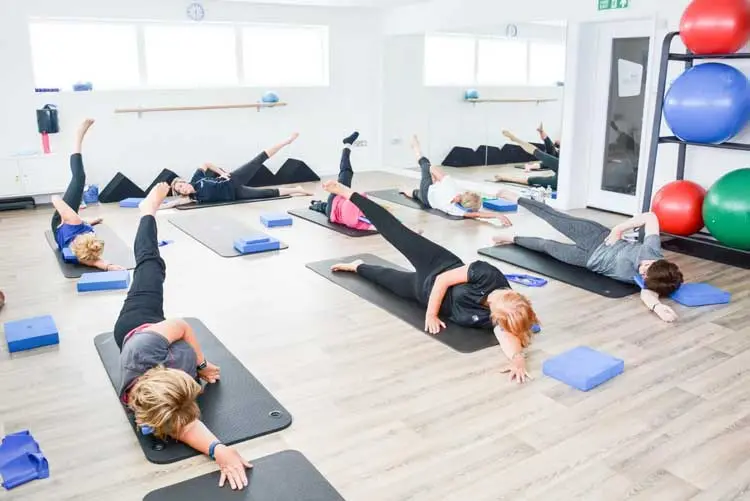
The annual Back Care Awareness Week, run by BackCare, the UK’s leading charity for those impacted by back or neck pain, is to take place between 2 and 6 October. The theme this year is Back Pain in Education.
Back pain is one of the top common causes of absence from work throughout the country. It costs the UK economy around £15 billion every year as over four million working days are lost as a result of the condition. Furthermore, about 80% of the UK population will suffer from back pain at some point in their lives.
BackCare decided it was important to run a campaign targeted at children and young people as many of the back and neck pain problems experienced by adults are due to them not looking after their backs during childhood and teenage years.

Dr Brian Hammond, the Chair of BackCare said: “Early teaching of children and young people of the importance of taking care of their backs is bound to have a positive effect on the health of their backs as adults.”
He added: “There are simple things children and young people can do, such as sitting properly and not for too long, exercising regularly, stretching and lifting correctly. They also need to know how to carry their school books and equipment in a way that does not harm their back or neck.”
Why we somewhat disagree with this years message!
However, leading Physiotherapists and the latest research will tend to disagree with some of the points raised in this campaign. Although we agree that education and empowering people with understanding and knowledge of taking care of their bodies from a young age is crucial, implying that they can damage their spines by doing normal, everyday tasks like carrying a school bag, is a myth. These messages can lead to an unnecessary fear, which can then progress into adulthood.
Research is suggesting that there isn’t a ‘perfect posture’ or ‘best way to carry a bag’. So implying that young children can ‘harm’ their back or neck in these ways isn’t a positive message to put across.
This image sums up perfectly how children should be caring for their backs – not focusing on correct postures or harmful habits – moving regularly!
So what messages should we be sharing?
- Exercise and movement is the key – youngsters should be encouraged and supported to take part in a wide variety of exercise, sport and activities that encourage regular, whole body movement that they enjoy! It doesn’t really matter what it is, but enjoyment and instilling a lifelong, love of being active is the best way to prevent developing any back problems.
- Move regularly – our bodies aren’t designed to be still. It’s not the posture that’s the problem, but staying in single positions for too long that can lead to issues. So, when you read about issues such as ‘text neck’, it tends to be the duration that people are using their devices in, in a single, sustained position that can cause issues. If you held a so called ‘perfect posture’ for any sustained length of time, this could cause issues!
- Don’t be afraid of pain – aches and pains can be a normal everyday occurrence. We can all feel a bit of stiffness, aching, muscle soreness etc. But pain doesn’t always equal damage. Particularly with back pain, being afraid of the pain tends to lead to us being overly protective, not moving as much, which in turn can cause more pain. It’s a vicious circle. As long as there are no indications to be concerned that something more serious is going on to cause the pain (trauma, pins & needles or numbness, problems going to the toilet, pain at night for example – if any of these are present, it’s advised to see your GP ASAP), then we need to install the confidence that the pain is OK.
- Be careful with the language we use – particularly with children, the words we use if they’re in pain can be very influential. Negative words like harm, damage, out of place, torn, can all create very negative messages. We need to focus on positive messages like strong and active. Being overly focused on carrying things correctly at a young age, will install a fear that their backs aren’t designed to cope with such a normal, everyday, task – which ins’t true.
There are obviously times and instances when children do develop back or neck pain. This can be caused by sustained postures (often technology related) and a lack of exercise of general movement. In these cases, specific education and increasing their awareness is a key part of helping them overcome any pain they are experiencing. Postural education may be a part of this.
It’s great that BackCare are are raising awareness of back issues in this campaign, but let’s keep the messages positive and not install a fear into young people that their backs might not be fit for the job!
Read more
Young Pilates – clinical pilates



